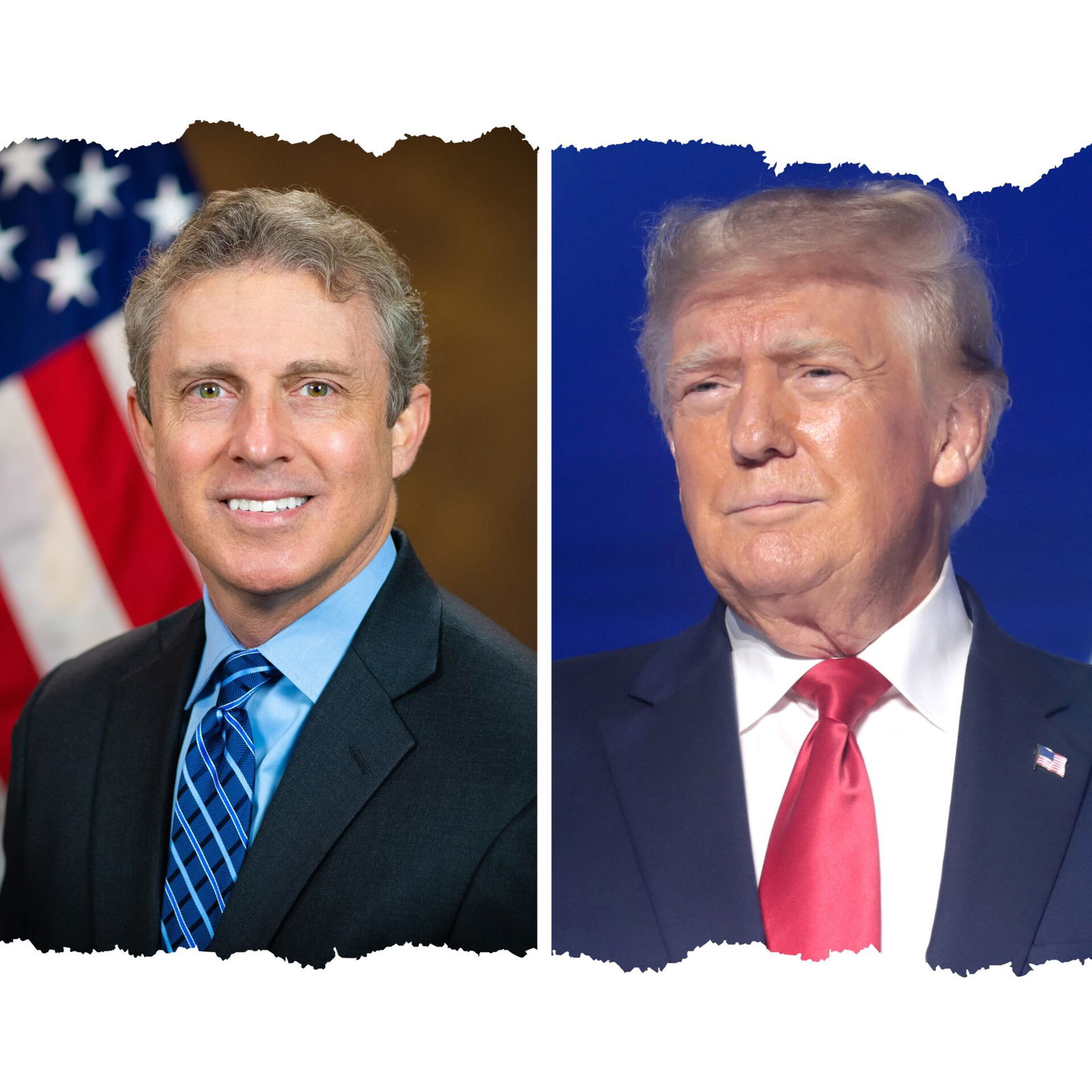
February 18, 2025
The Trump Administration Wants The Supreme Court To Allow It To Fire Federal Watchdog Hampton Dellinger
The Trump administration sees the lower court's ruling as a barrier to installing their own leader of the office, framing it as an encroachment of executive power by the court.
On Feb. 16, news outlets obtained documents that outline President Donald Trump’s Justice Department is seeking the assistance of the Supreme Court so that the Trump administration’s plan to fire Hampton Dellinger, the leader of the independent Office of the Special Counsel, an office charged with protecting federal employees who become whistleblowers for issues within the government, can proceed.
According to The Hill, lower courts have ruled to block the Trump administration from firing Dellinger, resulting in his reinstatement. This is the first time that the Trump administration has appealed directly to the Supreme Court. The politician was initially appointed to his office and intended to serve a five-year term by President Joe Biden in March 2024.
Acting Solicitor General Sarah Harris’s argument in the application to the nation’s highest court states that the Trump administration sees the lower court’s ruling as a barrier to installing its own leader of the office, framing it as an encroachment of executive power by the courts.
“This case involves an unprecedented assault on the separation of powers that warrants immediate relief,” Harris wrote.
The Justice Department offered a similar argument in their application to the Supreme Court.
“Until now, as far as we are aware, no court in American history has wielded an injunction to force the President to retain an agency head whom the President believes should not be entrusted with executive power and to prevent the President from relying on his preferred replacement,” the Justice Department wrote.
The subtext of their argument seems clear: The Trump administration wants to replace former President Biden’s nominee with someone more pliable to their wishes.
However, according to CBS News, Dellinger has previously argued that federal law only exposes him to being fired if there are problems with his job performance, which were not cited in the email that terminated him from the position.
The Trump administration’s petition to the Supreme Court came a few hours after an appeals court determined it could not lift the order reinstating Dellinger on procedural grounds. As such, the order remains in effect until Feb. 26.
According to Dellinger, his office’s work is “needed now more than ever” due to the “unprecedented” number and nature of firings by the Trump administration since his inauguration, often without cause, of federal employees who have civil service protections.
As NPR reported, Dellinger’s lawsuit challenged the legality of his firing in federal court on Feb. 10, after he received the email informing him he had been fired on Feb. 14.
“That email made no attempt to comply with the Special Counsel’s for-cause removal protection,” Dellinger’s suit argued. “It stated simply: ‘On behalf of President Donald J. Trump, I am writing to inform you that your position as Special Counsel of the US Office of Special Counsel is terminated, effective immediately.’ “
According to their reporting, many of the moves made by the Trump administration go well beyond routine turnover that comes with a new administration and seem to be instead a series of flagrant tests of the bounds of what a president is allowed to do by federal law.
According to Newsweek, U.S. District Judge Amy Berman Jackson reinstated Dellinger on Feb. 12. He argued in her ruling that although the White House attempted to make a case that his reinstatement would disrupt the agency, she said any disruption was actually caused by the White House, using a colorful metaphor in the process.
“Defendants imply that it would be too disruptive to the business of the agency to have Special Counsel Dellinger resume his work. But any disruption to the work of the agency was occasioned by the White House. It’s as if the bull in the china shop looked back over his shoulder and said, ‘What a mess!'”
Jackson continued, “Moreover, any disruption caused by the proposed temporary restraining order would be minimal; the plaintiff served as Special Counsel from March 6, 2024, through the end of the workday on Friday, February 7, 2025.”
In the next hearing in Dellinger’s case, scheduled for Feb. 26, Jackson will likely decide whether to impose a preliminary injunction prohibiting the Trump administration from firing Dellenger. If Jackson issues a preliminary injunction, the ruling is expected to be appealed to a higher court.
RELATED CONTENT: 20K Federal Employees Are Accepting Elon Musk’s Resignation Offer